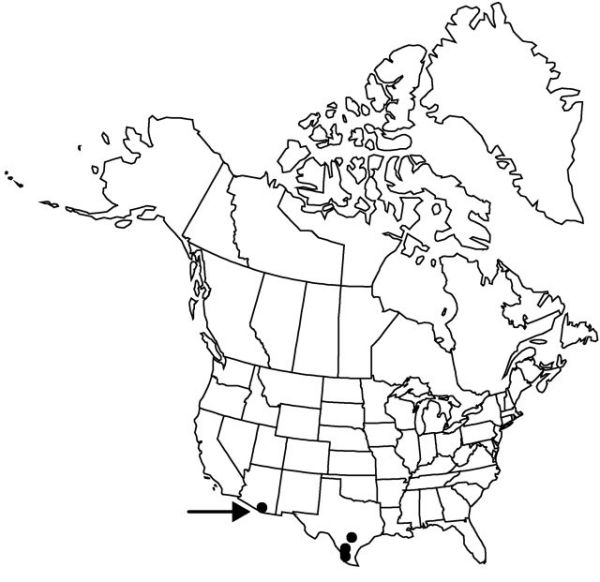Difference between revisions of "Agave americana"
Sp. Pl. 1: 323. 1753.
FNA>Volume Importer |
FNA>Volume Importer |
||
| Line 44: | Line 44: | ||
-->{{#Taxon: | -->{{#Taxon: | ||
name=Agave americana | name=Agave americana | ||
| − | |||
|authority=Linnaeus | |authority=Linnaeus | ||
|rank=species | |rank=species | ||
| Line 56: | Line 55: | ||
|publication year=1753 | |publication year=1753 | ||
|special status= | |special status= | ||
| − | |source xml=https://jpend@bitbucket.org/aafc-mbb/fna-data-curation.git/src/ | + | |source xml=https://jpend@bitbucket.org/aafc-mbb/fna-data-curation.git/src/f50eec43f223ca0e34566be0b046453a0960e173/coarse_grained_fna_xml/V26/V26_938.xml |
|genus=Agave | |genus=Agave | ||
|species=Agave americana | |species=Agave americana | ||
Revision as of 20:54, 16 December 2019
Plants acaulescent or short-stemmed, commonly suckering, trunks less than 2 m; rosettes not cespitose, 10–20 × 20–37 dm. Leaves erect, spreading to ascending, occasionally reflexed, 80–200 × 15–25 cm; blade light green to green or glaucous-gray, sometimes variegated or cross-zoned, narrowly to broadly lanceolate, smooth, rigid; margins nearly straight or undulate to crenate, armed, teeth single, 5–10 mm, 1–4 cm apart; apical spine dark brown to grayish, conical or subulate, 2–6 cm. Scape 5–9 m. Inflorescences paniculate, not bulbiferous; bracts persistent, triangular, 5–15 cm; lateral branches 15–35, horizontal to slightly ascending, comprising distal 1/3–1/2 of inflorescence, longer than 10 cm. Flowers erect, 7–10.5 cm; perianth yellow, tube funnelform to cylindric, 8–20 × 12–20 mm, limb lobes erect, subequal, 20–35 mm; stamens long-exserted; filaments inserted above mid perianth tube, erect, yellow, 6–9 cm; anthers yellow, 25–35 mm; ovary 3–4.5 cm, neck constricted, 3–6(–8) mm. Capsules short-pedicellate, oblong, 3.5–8 cm, apex beaked. Seeds 6–8 mm.
Distribution

sw United States, Mexico.
Discussion
Subspecies 2 (2 in the flora).
Various chromosome numbers have been reported for Agave americana under a variety of names, typically without regard to the plant’s origin or its precise taxonomic disposition. Nonetheless, the species is most certainly a polyploid complex based on x = 30, with reports of n = 30 and 2n = 60, 120, and 180 documented by S. D. McKelvey and K. Sax (1933), H. Matsuura and T. Sutô (1935), E. B. Granick (1944), A. K. Sharma and U. C. Bhattacharyya (1962), M. S. Cave (1964), S. Banerjee and A. K. Sharma (1987), Huang S. F. et al. (1989) and B. Vijayavalli and P. M. Mathew (1990). Various dysploids have also been reported (A. F. Dyer et al. 1970; J. L. Strother and G. L. Nesom 1997). See H. S. Gentry (1982) for details.
Selected References
None.
Key
| 1 | Leaves 80–135 cm, 4–6 times longer than wide; capsules 3.5–4 cm. | Agave americana subsp. Protamericana |
| 1 | Leaves 100–200 cm, 6–10 times longer than wide; capsules 4–8 cm. | Agave americana subsp. Americana |